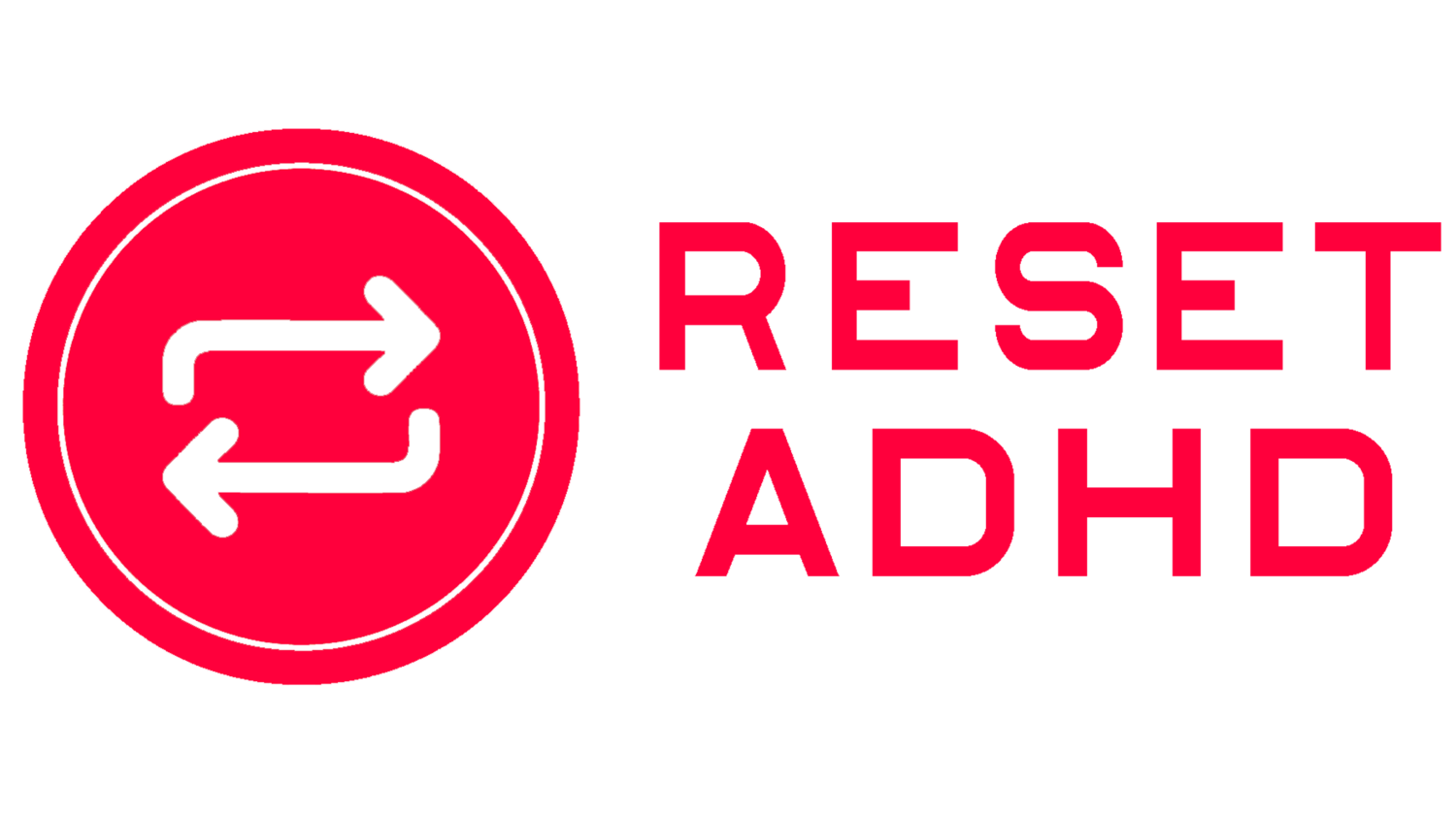Debunking Myths: The History of ADHD and Its Impact on Society
Book a Free Reset Session
I do not want this to be a political blog, but recently, a major figure in American politics, while saying some valid things about the state of Americans’ health, made an erroneous statement that nobody had ever heard of ADD when he was growing up. I am tired of hearing this falsehood. There are several things to unpack about that supposition. Let’s explore them, shall we?
ADD
This is the most glaring sign that the politician speaking was out of his depth. If you look through the DSM, you will not find ADD. You used to be able to find it, but it is now all ADHD. It is one condition with three presentations. The term ADD is no longer used diagnostically.
The History of ADHD
The first mention of what we now call ADHD happened in 1798 by Sir Alexander Crichton, 156 years before the politician in question was born. In 1902, Sir George Frederic Still described a condition similar to what we now know as ADHD, and in 1932, doctors Franz Kramer and Hans Pollnow described the condition as hyperkinetic disease. In 1968, the second edition of the DSM recognized what was then known as “hyperkinetic reaction of childhood,” which was renamed ADD in the third edition of the DSM in 1980. Seven years later, the APA renamed it ADHD. We have been calling it ADHD for only 37 years, but the origins of medical recognition of the condition goes back over 200 years.
ADHD Medication Has Been Around Longer Than the Politician in Question
Charles Bradley first noticed that the stimulant Benzedrine helped some children in 1937. Methylphenidate was first made in 1944 and marketed as Ritalin in 1954, the year the politician I am talking about was born. Ritalin is as old as the politician who claims nobody had heard of ADD when he was growing up.
Is ADHD on the Rise?
One could rebut my rantings by saying, if it was only called ADD/ADHD in the 1980s, then the politician is right in saying nobody had heard of it when he was growing up. That is merely semantics. However, to the politician’s point, there are more diagnoses of ADHD these days than ever before. That is correct. ADHD recognition is on the rise, but is the true rate of ADHD growing? The short answer is we do not know. No one has definitively explained why there are more ADHD diagnoses than ever. One contributing factor is that awareness of what ADHD is has never been higher. We are better able to recognize ADHD, and more people are learning about what the condition is. That does not mean that there are more people with ADHD than ever before, just that more people are being diagnosed. There is a difference between the actual rate of ADHD and the rate of ADHD diagnoses. Because we still have a ways to go with ADHD awareness, we are still missing some who need the diagnosis. So, yes, the rate of ADHD diagnoses is on the rise, but we do not know if that is because the rate of occurrence of ADHD is on the rise.
Is ADHD a Bad Thing?
The assertion behind the politician’s statements about “ADD” is that it is a bad thing. It is not a horrible thing to have ADHD. I am not ashamed of my ADHD. I kind of enjoy having it. For one thing, it makes life more interesting, and it has inspired my career of helping people with ADHD. To say that we need to rid the world of ADHD is like saying we need to rid the world of the color green. It would make the world a little less interesting. Just like eliminating a color would deprive the world of a potential brush stroke, eliminating ADHD would deprive the world of something beautiful. Think of all of the famous people with ADHD. We would be missing something wonderful if ADHD did not exist. Take Robin Williams, for example. Now, it was never confirmed that he had ADHD, but if you watch an interview with him, it is hard to deny the possibility. Williams brought so much joy and laughter to the world. If he had been born with a “normal” brain, we would be less entertained. The world would be boring without ADHD. Those of us with ADHD provide a spark of joy in the world. Yes, there is some frustration, but overall, we provide something wonderful by our existence. To say it is a bad thing that more people are being diagnosed with ADHD is an ignorant statement. That is why ADHD awareness is so crucial.
